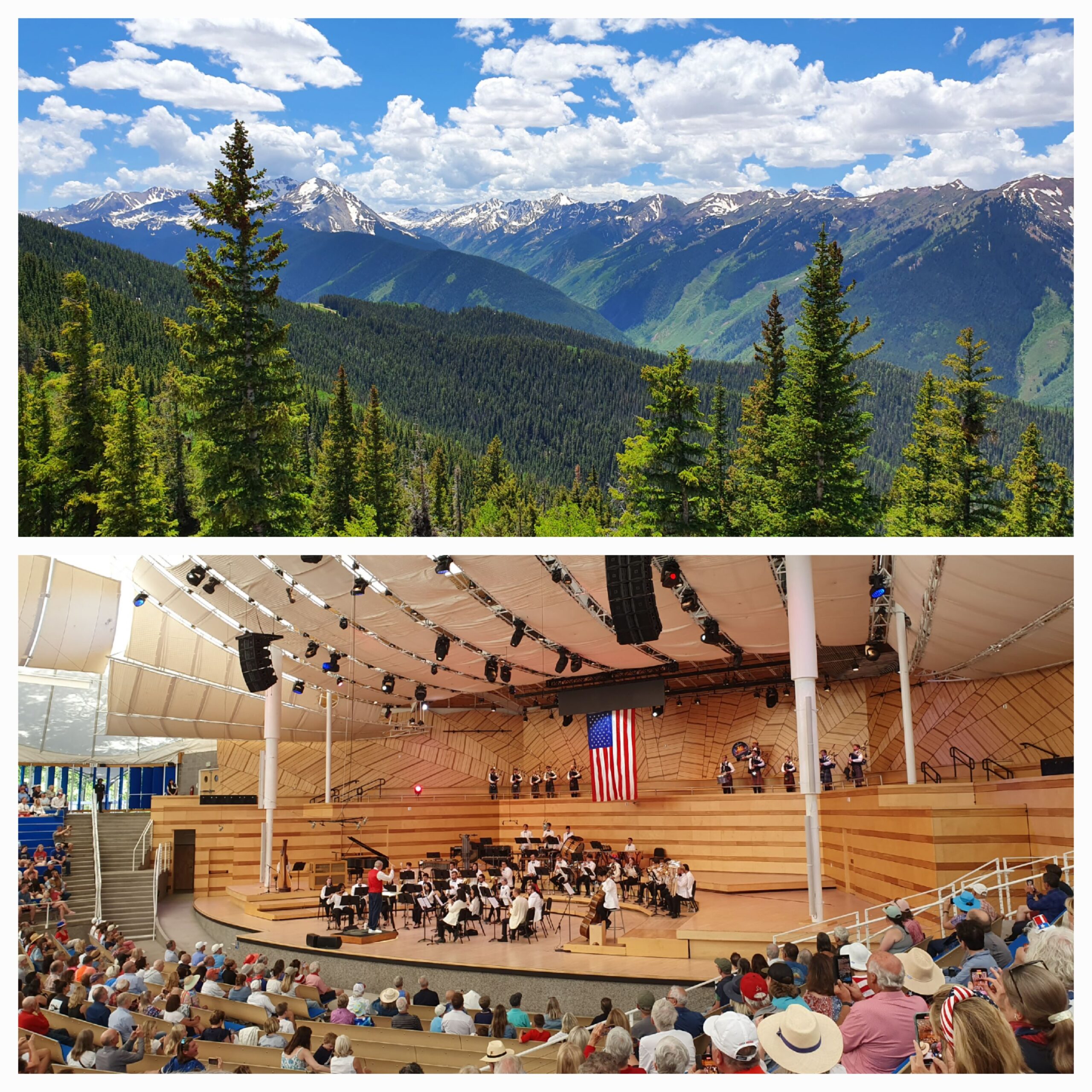This summer I had the opportunity to work as an audio engineer at a classical music festival – a unique experience in which I got to further hone my audio skills, work as part of a great team, and see behind-the-scenes of how a large festival is run. Here are my reflections on various aspects of the job, the skills needed, and the overall experience, that I hope might be helpful to consider if you’re looking for a similar summer experience.
Be prepared to be flexible and problem-solve
Most festival environments involve an intense schedule of many concerts and events over a short period of time. Going in with an open mind, a willingness to help out as needed, and being mentally ready for moments of intense activity contrasted with times of low activity, will serve you well. You might have little time for planning and may need to troubleshoot things quickly. I found I honed my abilities to problem-solve and think flexibly, and learned when not to fixate on something and to move on – skills that can be useful for life in general.
Be ready to give things a go and learn new skills
I finished the festival with many more skills than I went in with. It was a great opportunity to get hands-on experience in many aspects of audio engineering, in a team environment with colleagues who could help me with what I didn’t know, and with whom I could share my knowledge on aspects that I knew more about. The work that we undertook at the festival included recording all concerts for archive or for future broadcast, editing and archiving audio, audio, and video for live-streamed concerts, manual and remote camera operation, PA setup, live sound amplification, audio for board meetings and multimedia presentations, installation and maintenance of recording systems and equipment.
The challenges
Depending on the festival, the working hours can sometimes be long (due to early morning rehearsals and late night concerts) and tiring both mentally and physically, so making sure you get to rest and enjoy recreation on your time off is important. At the start of the festival, there is a lot to learn: the audio procedures and expectations specific to that festival, how to use gear that you haven’t seen before, what is involved in certain audio roles, and getting used to working with different members of staff. I found it was always best to ask for help if I was doubting something or couldn’t figure it out myself, and I would write it down so as not to forget. As with any new job, it can be challenging and a little stressful at the start, but as time goes by it becomes easier as you become more fluent in each aspect of your job – and you can focus more on enjoying the music and creating excellent sound!
An adventure in a new place with new people
One of the great perks of summer festival jobs is that they are often located in beautiful places (such as in the mountains), and you have the unique experience of living in that place for a few weeks and being immersed in a different environment. Festivals often provide accommodation for staff, and you might be sharing living spaces with colleagues, making it easy to get to know people and make friends. Spending a lot of time together with people who are all there for a new and positive summer experience creates a great feeling of community, and an opportunity to meet interesting people and make meaningful connections. It’s also fun to experience being a resident of a different town, city, or state for a few weeks or months, and to go exploring and sightseeing on your time off.
A great way to get experience
You don’t need to be a classical music nerd to work at a classical music festival! While some of the audio and other staff had backgrounds in classical music, many others came from other audio specialisations, other genres of music, or theatre. A festival is a great way to get experience in recording classical and acoustic music, learn more about how orchestras sound and are run, and hear a lot of incredible music played by top-level musicians. It allows you to experience this kind of job for a short-term period and see if it’s something you want to do more of in the future.
If you’re thinking about working at a summer music festival – classical or otherwise – I say go for it, and be ready for a memorable experience that may turn out to be a life highlight!
